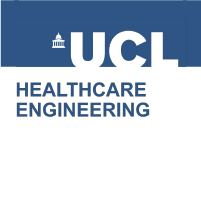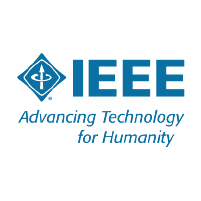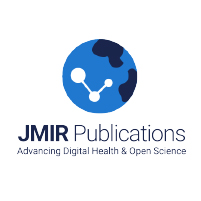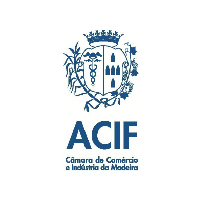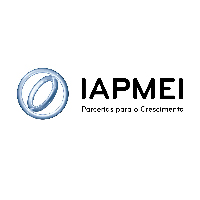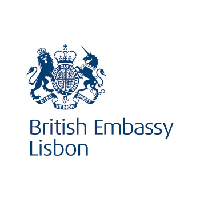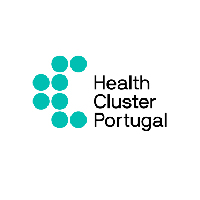
This project has been shortlisted for the DPH 2025 Innovation Prize – Best Data Driven Innovation
Team: Tiago Taveira-Gomes (Opvance, Lda)
Outline: OPVANCE is a Portuguese company specializing in the design and delivery of secure infrastructures for institutions that handle sensitive data. With deep expertise in cybersecurity, infrastructure-as-code, and regulated environments, OPVANCE builds foundational technologies that allow organisations to enable compliant, privacy-preserving innovation without compromising operational control.
In today’s regulatory and risk-intensive landscape, sectors like healthcare, government, and financial services face growing pressure to share and reuse sensitive data responsibly. Yet most lack the trusted infrastructure needed to support that goal. Interoperability gaps, low automation, and legacy governance models often turn data into a liability rather than an asset. To address this challenge, OPVANCE is developing TERAS, a Trusted Research Environment (TRE) designed to be deployed within institutions or across federated networks. What sets TERAS apart is its data governance architecture, built from scratch on Zero-Trust principles: no entity is trusted by default, access is dynamically verified, and auditability is continuous and immutable. The infrastructure is modular, open-source, and adaptable to diverse operational contexts (on-premises, cloud, or hybrid). Rather than process data itself, TERAS enables institutions – such as health providers, public authorities, or digital innovators – to safely operationalise the reuse of sensitive data through secure sandboxing, federated analytics (“algorithm goes to data”), and granular permission control. Its first implementation was successfully piloted in a Portuguese Local Health Unit, where it was integrated with existing clinical data infrastructures and validated for security and compliance under real-world conditions. In the next phase, OPVANCE will enhance automation, scalability, and usability, and introduce a Near-Trust collaboration model for multi-entity governance. By building the infrastructure that makes secure, data-driven innovation possible, TERAS enables organisations to lead with trust, not risk.: OPVANCE is a Portuguese company specializing in the design and delivery of secure infrastructures for institutions that handle sensitive data. With deep expertise in cybersecurity, infrastructure-as-code, and regulated environments, OPVANCE builds foundational technologies that allow organisations to enable compliant, privacy-preserving innovation without compromising operational control. In today’s regulatory and risk-intensive landscape, sectors like healthcare, government, and financial services face growing pressure to share and reuse sensitive data responsibly. Yet most lack the trusted infrastructure needed to support that goal. Interoperability gaps, low automation, and legacy governance models often turn data into a liability rather than an asset. To address this challenge, OPVANCE is developing TERAS, a Trusted Research Environment (TRE) designed to be deployed within institutions or across federated networks. What sets TERAS apart is its data governance architecture, built from scratch on Zero-Trust principles: no entity is trusted by default, access is dynamically verified, and auditability is continuous and immutable. The infrastructure is modular, open-source, and adaptable to diverse operational contexts (on-premises, cloud, or hybrid). Rather than process data itself, TERAS enables institutions – such as health providers, public authorities, or digital innovators – to safely operationalise the reuse of sensitive data through secure sandboxing, federated analytics (“algorithm goes to data”), and granular permission control. Its first implementation was successfully piloted in a Portuguese Local Health Unit, where it was integrated with existing clinical data infrastructures and validated for security and compliance under real-world conditions. In the next phase, OPVANCE will enhance automation, scalability, and usability, and introduce a Near-Trust collaboration model for multi-entity governance. By building the infrastructure that makes secure, data-driven innovation possible, TERAS enables organisations to lead with trust, not risk.

